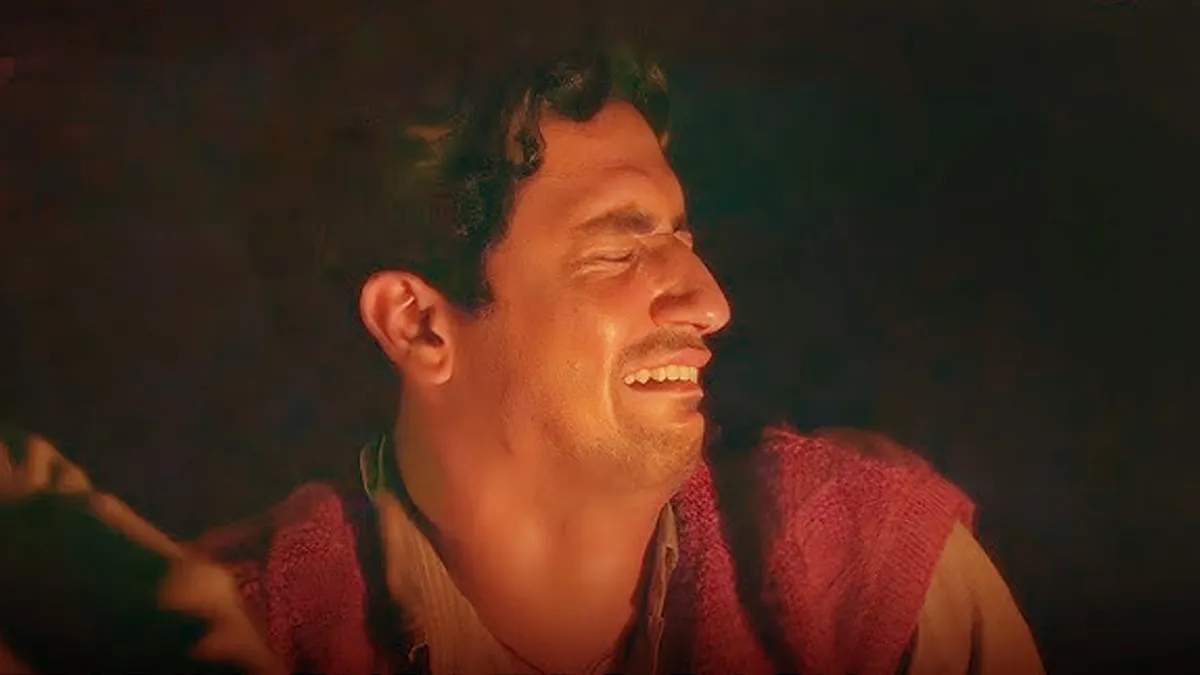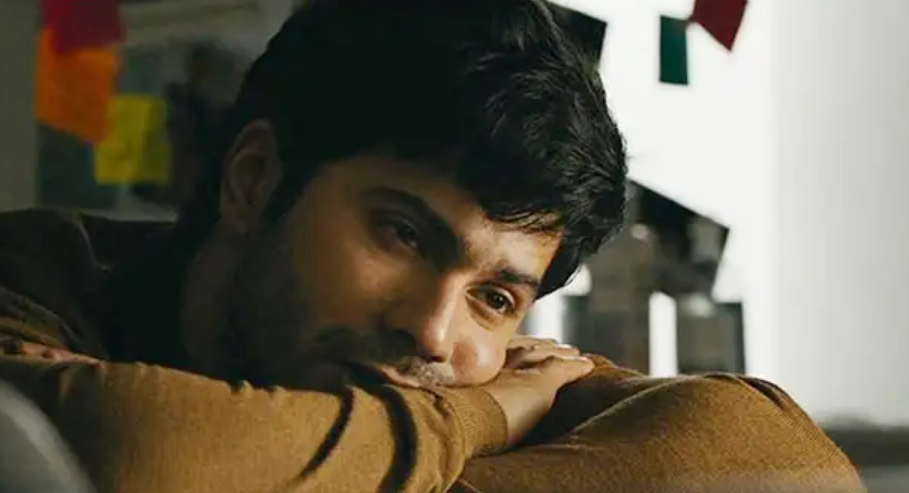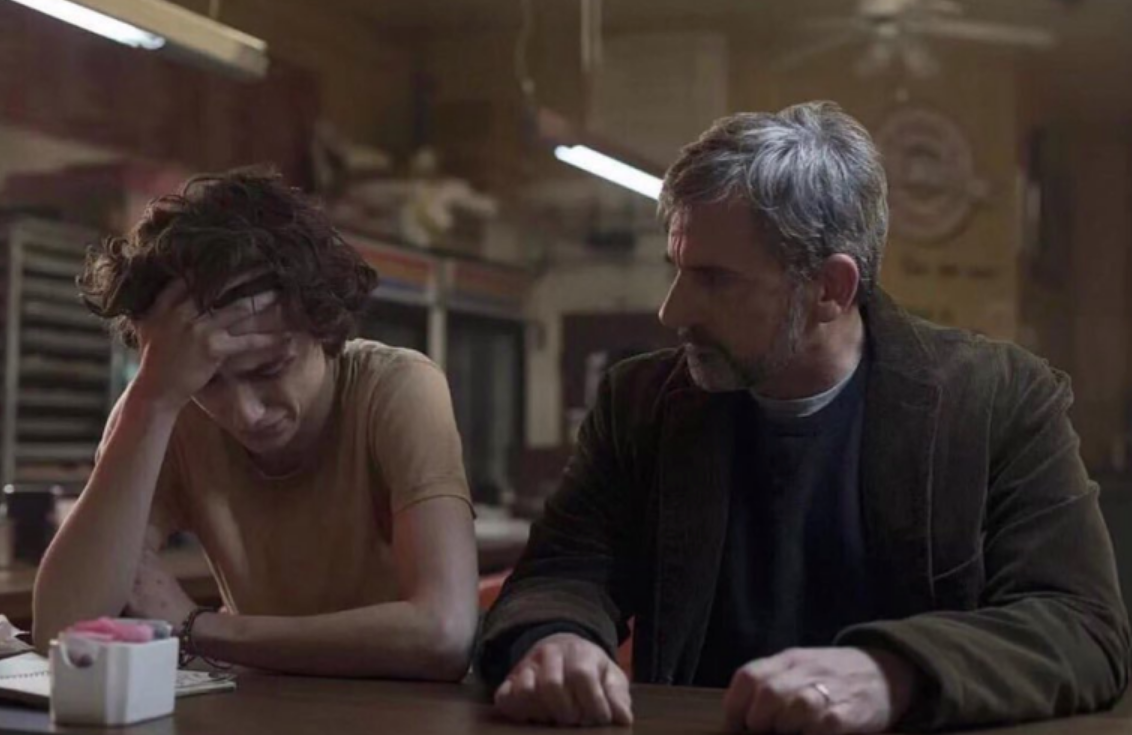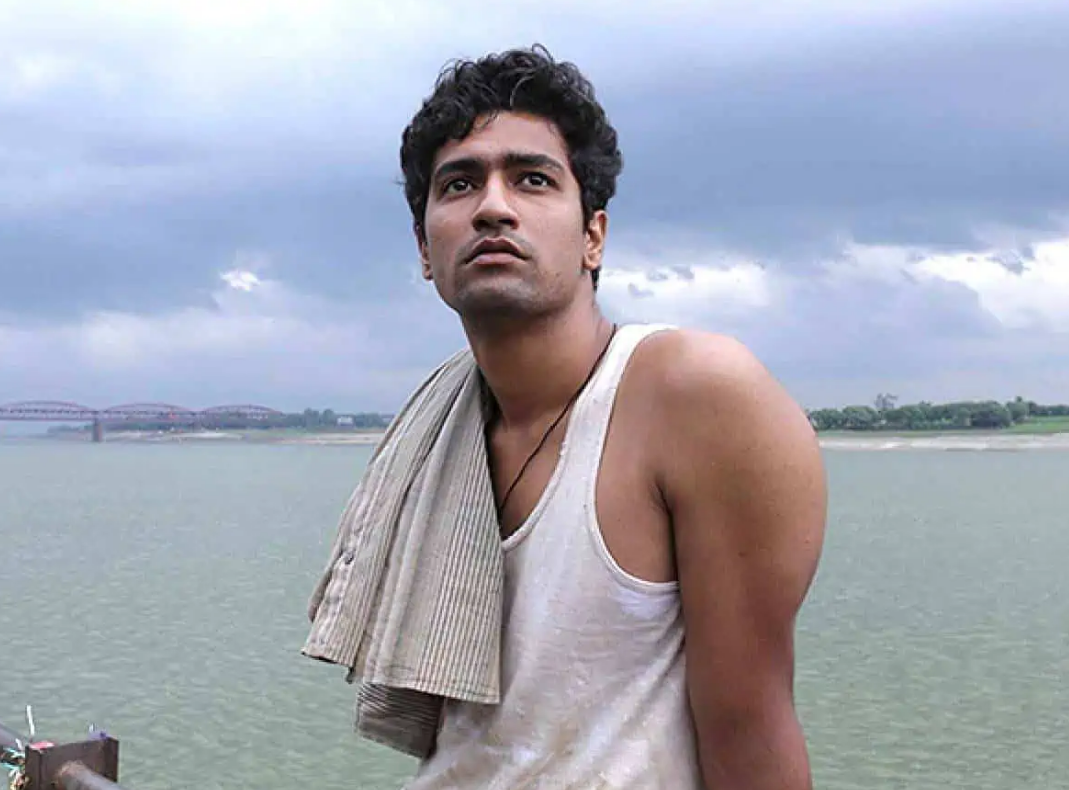
I love sad films. I love to surrender myself to a well-made, emotionally devastating story filled with bleak, hopeless worlds. My heart sinks when tragic things happen to sorrowful characters— and yet, that sorrow lingers with me in the best way. I’ve come to realise that I don’t just enjoy these films, I need them.
This struck me again when I recently watched ‘Oslo, August 31st’, a haunting film about a man trying to rebuild his life after addiction. It’s one of the most powerful explorations of depression and hopelessness I’ve ever seen. It left me feeling hollow, but also strangely fulfilled—as if someone had voiced the pain I couldn’t articulate. It was catharsis in its rawest form.
So why do we keep coming back to sad films? The reasons, it turns out, run deeper than we think.

The ancient Greek concept of catharsis—emotional cleansing through art—is more relevant today than ever. Watching a tragic film can lead to emotional release that we often avoid in our everyday lives. Modern research backs this up: crying releases oxytocin and endorphins, chemicals that reduce stress and induce calm.
A study from the University of Oxford even found that watching emotionally intense films increases endorphin levels and social bonding. Sad films, then, become a kind of psychological release valve, offering emotional clarity in a world that rarely allows it.
Sometimes, sad films resonate because they reflect something honest: the world isn’t always hopeful, and life doesn’t always offer redemption. In this way, they act as mirrors, showing us life without pretence.
In certain moments, being told everything will be okay can feel false. Watching a film that acknowledges the absence of meaning or hope can ironically feel more grounding. It tells us: you’re not alone in the chaos. And sometimes, that’s all we need.
In our hyper-connected, emotionally guarded lives, we’ve lost spaces where it’s okay to ‘just feel’. Films give us that space. When the lights go down, we allow ourselves to access emotions we often bury, grief, rage, heartbreak, without fear of judgment.
This emotional permission is crucial. We live in a time where scrolling replaces introspection, and real feelings are often numbed by distractions. But for two hours, a film gives us back our emotional depth. It becomes a sanctuary for suppressed sorrow.

There’s a strange paradox in finding comfort through pain. But that’s exactly what happens. Psychologists call this ‘benign masochism’—the idea that humans sometimes enjoy negative emotions in safe, controlled environments.
Sad films give us sorrow without real-world consequences. The suffering is fictional, but the emotion is real. It becomes a form of emotional play—a way to explore grief, heartbreak, or loss, knowing we’ll come out of it safe on the other side.
Another reason we return to sad films might be more subconscious. Watching someone go through something far worse than us often puts our pain in perspective. We don’t necessarily feel better because they suffer, but it reminds us that pain is universal and survivable.
Don't Miss: Bollywood Movies With Unresolved Endings: 6 Films We Still Want Closure From
Perhaps the most powerful reason sad films hit so hard is that they help us process grief we’ve never confronted. Sometimes we haven’t had the time, space, or courage to mourn a loss or name our sorrow. A film can open that emotional door.

I’ve lost people to addiction, and I know others are still trapped in it. The weight of that has consumed me for years. But I didn’t realise how much I hadn’t grieved it until I watched ‘Oslo, August 31st’.
We don’t love sad films because we enjoy suffering. We love them because they allow us to feel deeply in a world that often encourages numbness. They offer release, reflection, and the rare chance to face pain without running from it.
In their sorrow, we find recognition. In their hopelessness, we find honesty. And in their quiet devastation, we often find the space to heal.
Don't Miss: Moms Without Melodrama: 11 Times Bollywood Got It Just Right
Keep reading Herzindagi for more such stories.
Image Courtesy: IMDb
Also watch this video
Herzindagi video
Our aim is to provide accurate, safe and expert verified information through our articles and social media handles. The remedies, advice and tips mentioned here are for general information only. Please consult your expert before trying any kind of health, beauty, life hacks or astrology related tips. For any feedback or complaint, contact us at [email protected].